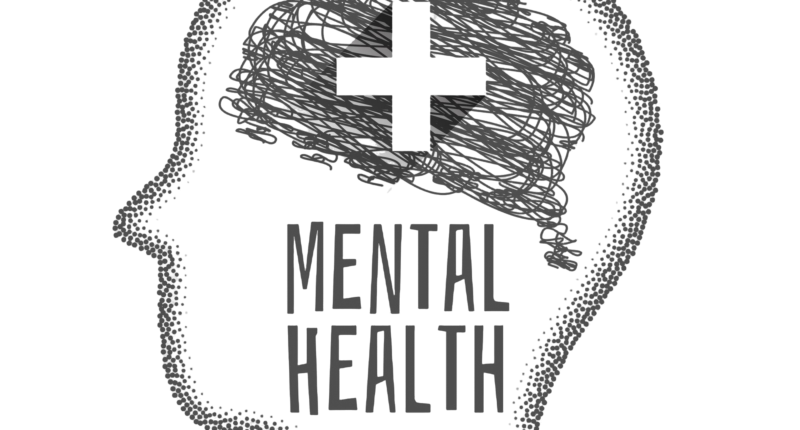Taking care of your mental health is just as important as your physical health. If you’re struggling with anxiety, depression, stress, or other mental health challenges, it’s essential to know where to find help. Mental health support comes in various forms, from professional therapy to community support, and knowing where to start can make a huge difference in your recovery journey.
This guide provides an overview of the best places to seek mental health help, whether you’re looking for immediate assistance, ongoing therapy, or peer support.
1. Seek Help from a Mental Health Professional
Mental health professionals are the cornerstone of mental health treatment. Whether you need a one-time consultation or long-term care, here are some key options:
A. Psychiatrists
Psychiatrists are medical doctors specializing in diagnosing and treating mental illnesses. They can prescribe medications for conditions such as anxiety, depression, and bipolar disorder. If you feel that medication might help manage your symptoms, a psychiatrist is your go-to professional.
B. Psychologists
Psychologists provide therapy and counselling to individuals dealing with mental health issues. They help patients through various forms of talk therapy, such as cognitive-behavioral therapy (CBT), which focuses on changing negative thought patterns. Psychologists do not prescribe medications but work closely with psychiatrists if medication is necessary.
C. Licensed Therapists and Counselors
Licensed clinical social workers (LCSWs), marriage and family therapists (MFTs), and other licensed counsellors provide talk therapy to individuals, couples, and families. They focus on emotional well-being, relationship challenges, and stress management. These professionals can be an excellent resource for those who need to talk through problems and develop coping strategies.
How to Find a Mental Health Professional
- Online directories: Websites like Psychology Today and GoodTherapy have directories of licensed therapists, counsellors, and psychiatrists.
- Insurance networks: Check with your health insurance provider to find a list of in-network mental health professionals.
- Referrals: Ask your primary care doctor for a referral to a mental health specialist.
Community Mental Health Clinics
For those who may not have insurance or access to private therapy, community mental health clinics offer affordable and sometimes free mental health services. These clinics are often funded by local or state governments and provide a range of services, including counselling, therapy, and support groups.
Benefits of Community Mental Health Clinics
- Affordable care: Services are often provided on a sliding scale based on income, making them accessible for individuals with low income or without health insurance.
- Variety of services: Many clinics offer both individual and group therapy sessions, as well as crisis intervention services.
- Walk-in services: Some community clinics offer walk-in appointments for those in immediate need of help.
To find a community mental health clinic near you, check with local health departments or use online directories such as MentalHealth.gov.
3. Crisis Hotlines and Helplines
If you are in crisis and need immediate assistance, reaching out to a mental health hotline or helpline can provide urgent support. These services are typically available 24/7 and can offer a listening ear, as well as guidance on what steps to take next.
Common Crisis Helplines
- National Suicide Prevention Lifeline (USA): Call 988 for free, confidential support if you are experiencing suicidal thoughts or a mental health crisis.
- Crisis Text Line: Text HELLO to 741741 to connect with a trained crisis counsellor.
- SAMHSA National Helpline: Call 1-800-662-HELP (4357) for free, confidential information on mental health and substance abuse services.
These hotlines are available for those who need someone to talk to immediately. While they may not provide long-term care, they can direct you to the appropriate resources for further help.
4. Online Therapy Platforms
In recent years, online therapy has become a popular option for those seeking mental health help from the comfort of their home. Platforms like BetterHelp, Talkspace, and 7 Cups connect individuals with licensed therapists via text, video, or phone calls. This option is ideal for those who may have difficulty accessing in-person therapy or prefer the flexibility of online sessions.
Benefits of Online Therapy
- Convenience: You can schedule therapy sessions around your own time, making it easier to fit into busy schedules.
- Accessibility: Online therapy breaks down barriers for those living in remote areas or with mobility issues.
- Anonymity: Some people may feel more comfortable discussing sensitive issues in the privacy of their home.
5. Support Groups
For those seeking peer support, mental health support groups can be incredibly helpful. These groups are typically led by a trained facilitator and allow individuals to share their experiences, offer advice, and connect with others going through similar challenges. Support groups can be found in person or online and cover a range of topics, including anxiety, depression, grief, addiction, and more.
Finding Support Groups
- National Alliance on Mental Illness (NAMI): NAMI offers free peer-led support groups across the country.
- Meetup.com: Search for local mental health support groups in your area.
- Online forums: Websites like Reddit, 7 Cups, and Mental Health America provide online communities where people can find support.
6. Employee Assistance Programs (EAPs)
If you are employed, check whether your workplace offers an Employee Assistance Program (EAP). Many employers provide EAPs as part of their benefits package, offering free or low-cost counselling services. These programs often cover a wide range of issues, from mental health and stress management to work-life balance and relationship problems.
Conclusion
Finding mental health help is the first step toward recovery and well-being. Whether you opt for professional therapy, community resources, crisis hotlines, or online platforms, the important thing is to reach out. Help is available in many forms, and taking action early can make a significant difference in your mental health journey.










